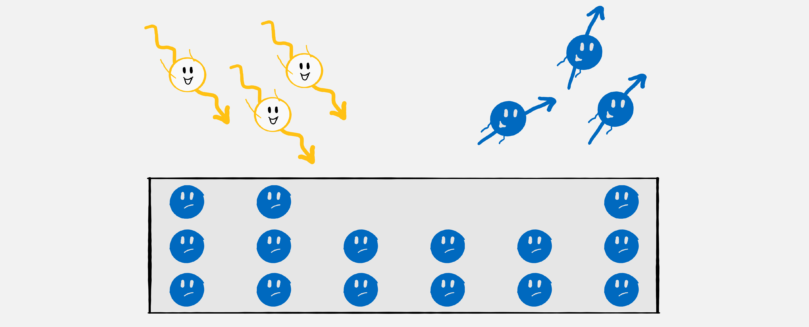
Feynman and his bongos: 10 things you missed in “Oppenheimer”
Christopher Nolan’s “Oppenheimer” has made physics sexy again. For me, the film was an absolute highlight because many great physicists of the 20th century and quantum mechanics made guest appearances – gold for a fangirl like me! I went to the cinema with my physicist friends and afterwards, we discussed who we recognised. But there were also some details in the film that perhaps not everyone noticed or that there was more to them than meets the eye. That’s why I’m sharing ten things with you today that you may have missed in Oppenheimer.



